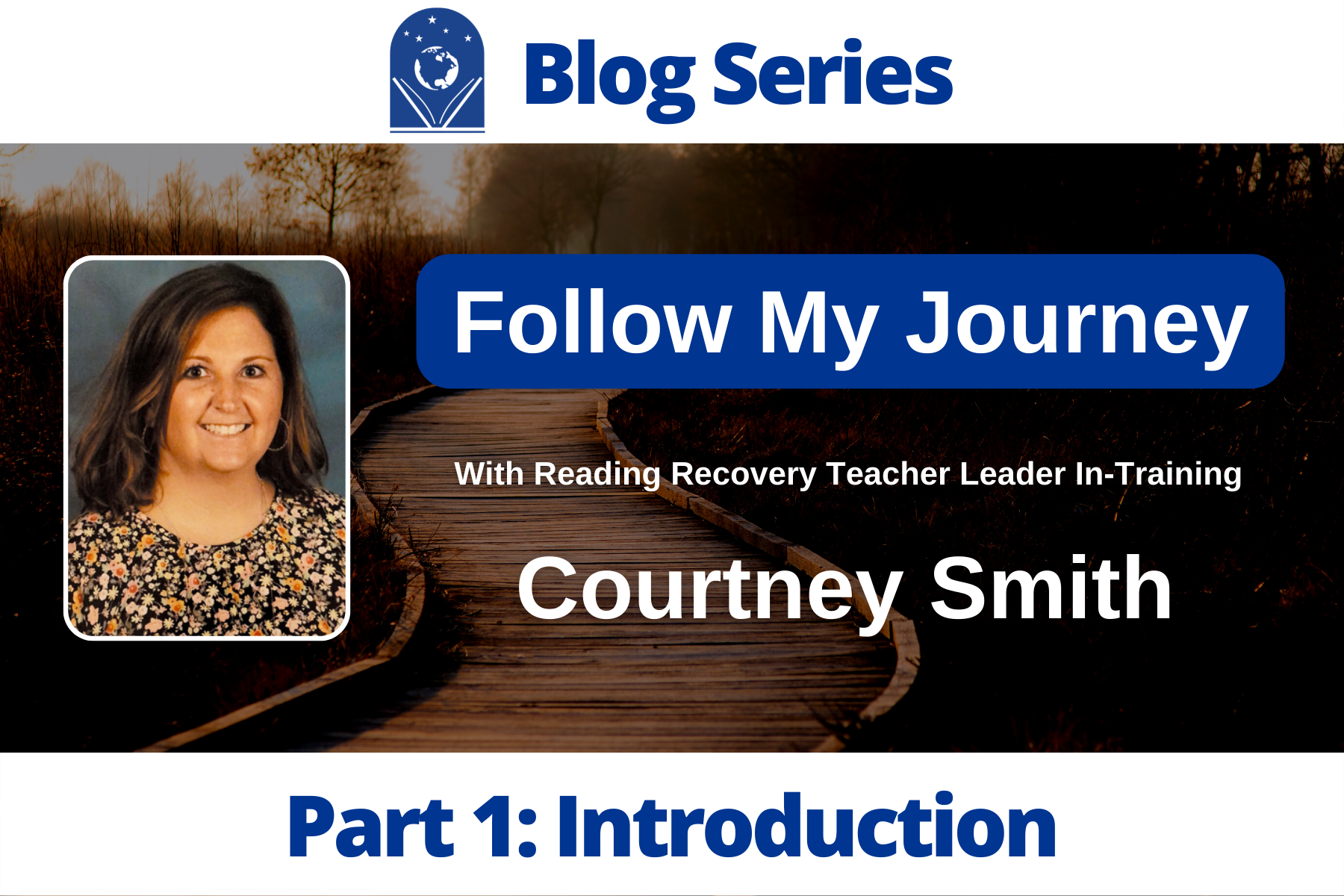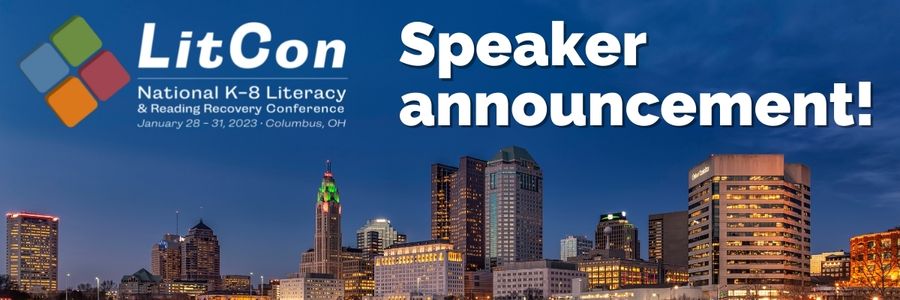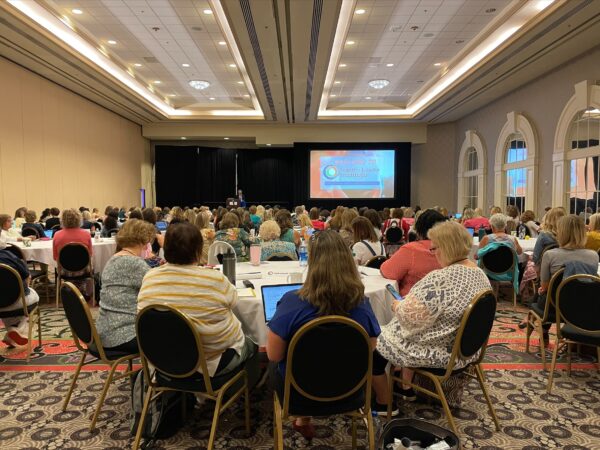Introducing Follow My Journey: An Exclusive New Blog Series
Everyone in the Reading Recovery Community has been impacted by an incredible Teacher Leader. Teacher Leaders are highly trained professionals who are leaders in their local districts where they teach children, train Reading Recovery teachers for local schools, analyze and report student outcomes, educate the local educators, advocate for what cannot be compromised, and communicate with the public.
Before they can get started at home, all Teacher Leaders must complete an academic year of full-time professional development at a registered university training center in the United States or a regional institute in Canada.
After the initial year, teacher leaders return to full-time positions in their districts/sites and ongoing professional development. They continue to learn during this field year with the guidance and support of their university trainers. They teach children daily in Reading Recovery, train Reading Recovery teachers, and provide leadership at their site. Reading Recovery works. Teacher Leaders are dedicated and tireless advocates for doing whatever it takes.
Join us this year as we follow the journey of Courtney Smith at Clemson University as she trains to be a Teacher Leader. “I am excited to become a Teacher Leader because I chose to come to Spartanburg District 3 in order to learn Reading Recovery,” she shares. “I had the opportunity to train underneath a wonderful Teacher Leader and look forward to continuing the district’s tradition of excellence in literacy instruction. This allows me to not only impact students that I personally teach but dozens of students through my leadership of trained Reading Recovery teachers and training [Emergent Bilingual] teachers in our district.”
Courtney Smith taught for 15 years in Kindergarten, First and Second Grade, and as a Reading Interventionist. She received her Bachelor’s in Psychology, then decided she wanted to follow in her parents’ footsteps and become a teacher. She graduated from the College of Charleston with a Master’s in Early Childhood Education. Since becoming a teacher, she has completed her EdS in Administration and Supervision and achieved National Board Certification in Early and Middle Childhood Literacy. Her passion is teaching reading and teaching students to have a love of reading that will carry them throughout their lives. In her time away from school, she loves to travel, hike and kayak.
Check back in September for an update from Courtney as her journey to become a Teacher Leader begins!
|
Ten candidates have been selected to receive a Teacher Leader Training Award for the 2022-2023 training year from RRCNA and the Foundation for Struggling Readers. Each recipient will receive $5,000 to be used towards their Teacher Leader training beginning in September. Congratulations to all! Invest in the future of Reading Recovery by donating to the Foundation for Struggling Readers today. |
|
|
|
|
|
|
|
|
|
|















 Dr. Peter Afflerbach (NAEP Reading Framework Committee and Research Fellow of the American Educational Research Association) challenges the idea that there is a single “science of reading.” In his experience as a K-12 classroom teacher, remedial reading teacher, university reading clinic director, and reading researcher, Dr. Afflerbach understands that multiple reading strategies and skills are essential for students’ reading success. Those strategies and skills are not all that developing readers need! They need motivation and engagement, self-efficacy, metacognition, self-regulation, and healthy attributions–each of which represents a “science” and has a robust research base. Each is given full consideration when we teach readers, not reading.
Dr. Peter Afflerbach (NAEP Reading Framework Committee and Research Fellow of the American Educational Research Association) challenges the idea that there is a single “science of reading.” In his experience as a K-12 classroom teacher, remedial reading teacher, university reading clinic director, and reading researcher, Dr. Afflerbach understands that multiple reading strategies and skills are essential for students’ reading success. Those strategies and skills are not all that developing readers need! They need motivation and engagement, self-efficacy, metacognition, self-regulation, and healthy attributions–each of which represents a “science” and has a robust research base. Each is given full consideration when we teach readers, not reading.


 Photo Credit: Lesley Reading Recovery & Literacy Collaborative
Photo Credit: Lesley Reading Recovery & Literacy Collaborative